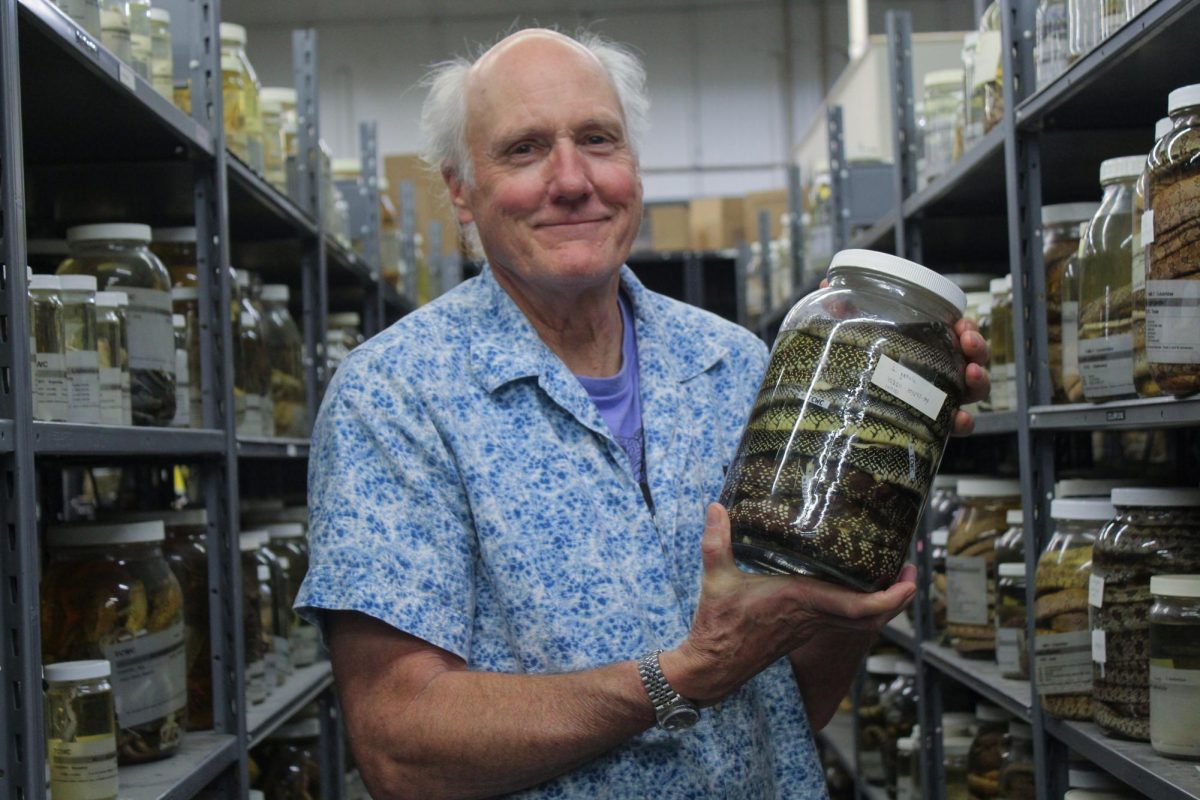When it comes to the world of science, researchers make discoveries and breakthroughs every day. To help you keep up with them, The Battalion compiles a few of the most compelling scientific stories from the past week.
Astronomy: The case of the coughing asteroid
The OSIRIS-REx is a sample-return mission made by NASA for data collection. Most recently, it was planned to sample the asteroid known as Bennu, which orbits around the sun at a similar distance to that of Earth’s. However, problems arose when further investigation revealed that Bennu lacked the smooth surface OSIRIS-REx required to land.
While it will take longer, the mission is expected to find a place to land eventually. However, during OSIRIS-REx’s wait, scientists were able to notice that Bennu was spitting out clouds of dust. Bennu had repeated this behaviour ten times in timeframe of a month. Scientists now wait for the hopeful return of OSIRIS-REx around 2023, with samples of Bennu that tell of our solar system’s early chemical composition.
Palaeontology: Fossilized egg found inside would-be mother
The fossil of an ancient bird was first discovered 11 years ago in northwestern China, dated to be around 110 million years old. In 2018, scientists found that the bird also had a fossilised egg tissue inside of her.
However, further examination revealed that the egg had two layers instead of the usual one; this suggests that the bird was kept the egg inside the abdomen for too long. The layers are also very thin in nature, supporting the idea that it might have been egg-binding that killed the would-be mother. The species was named Avimaia schweitzerae.
Health: New antidepressant drug with unknown side-effects
A new ketamine-based drug, named Spravato, has been developed as an antidepressant. The drug is the first fundamentally different medicine made against depression in decades. However, some psychiatrists believe the testing was not as strict as that of previous medications, and it is still unknown what will happen when an individual stops taking Spravato or any long-term effects it will have.
Still, other psychiatrists are glad to have another option that seems to work for some who have little success with current treatment, stating that it also works fast. As time progresses, scientists may be able to develop better ketamine-based drugs, with Spravato only being the first of many.
Dust-Spewing Asteroid, Fossilized Egg and Antidepressant Developments: This Week in Science
March 25, 2019
Photo by via University of Arizona
The Bennu asteroid was discovered to have a rough surface instead of a smooth surface required for a landing.
0
Donate to The Battalion
$2065
$5000
Contributed
Our Goal
Your donation will support the student journalists of Texas A&M University - College Station. Your contribution will allow us to purchase equipment and cover our annual website hosting costs, in addition to paying freelance staffers for their work, travel costs for coverage and more!
More to Discover









